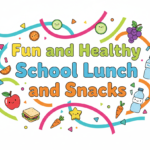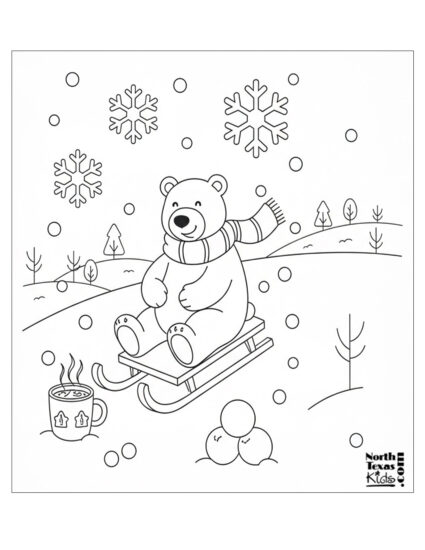Are You a Hypocritical Parent?
How to Avoid Being a Hypocritical Parent
You are your child’s first teacher. You teach them to talk and walk, what to eat, how to read and how to bully other children. Wait, what? Children will do what they are taught and the most powerful parenting doesn’t come through a parent’s words, it comes through the behaviors of the parent. Children observe how the adults around them behave and they take on and repeat those behaviors, even when they have been instructed NOT to. Lead by example. If you don’t want them to hit, don’t hit. If you don’t want them to curse, don’t curse. If you don’t want them to quit, don’t quit. If you want them to be kind to others, be kind to others. Teach them to rise above adversity, animosity and to have a positive outlook when things are bleak. Don’t be a hypocrite. So, are you a hypocritical parent?


















